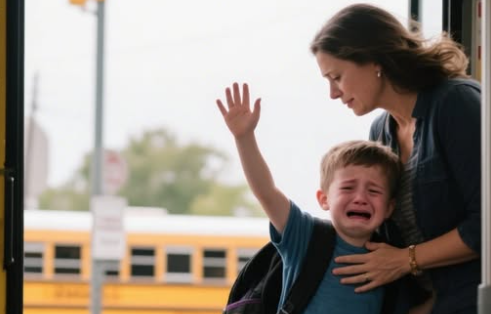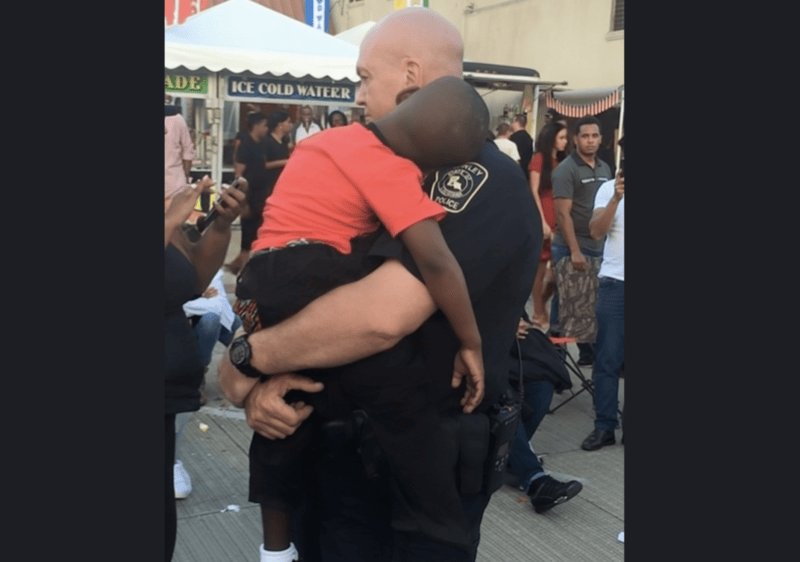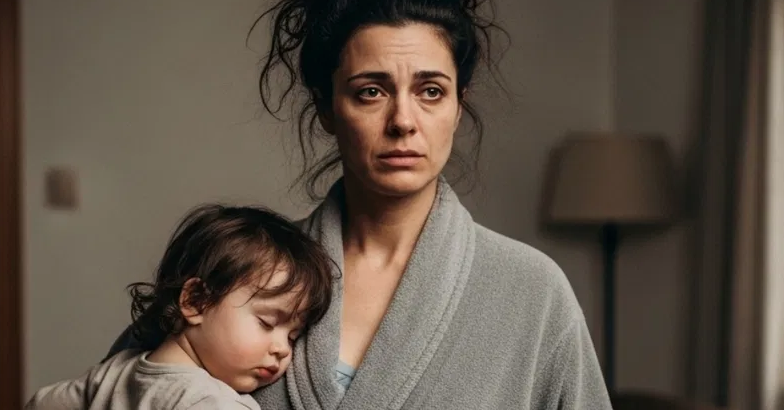Every morning, Calvin would burst out the front door like a small explosion—shouting farewell to the dog, waving his toy dinosaur, and dashing toward the bus as if it were the highlight of his day. He was six years old, full of vibrant energy, and beaming as if he held a secret he wanted to share with the entire world.
But then, things began to lose their sparkle. At first, it was barely noticeable. A missing grin. A quiet “good morning” barely audible. Then came unexplained stomachaches. Sleepless nights. The hallway light left illuminated. And eventually… the drawings ceased. Calvin, who once adorned entire walls with images of dinosaurs and dragons, now presented me with blank sheets of paper—or worse, angry black scribbles crumpled into tight balls.
I attempted to convince myself it was merely a temporary phase. But deep down, I knew better. So one morning, I did not just observe from the porch—I escorted him all the way to the bus. He clutched his backpack straps as if they were his only stable anchor. No smile. No wave. When the bus doors hissed open, he hesitated as if stepping into something perilous. “Go ahead, sweetheart,” I said softly. “You are capable of this.” He nodded, his eyes filled with storm clouds, and boarded the bus.
That’s when I noticed it. He headed toward the front, but a child in the back made a remark—something I could not discern, but did not need to. There was a smirk. A nudge. A pointing finger. Calvin pulled his hat down low, turned toward the window, and wiped his cheek with his sleeve. He was weeping.
And then—something entirely unexpected occurred. The bus remained stationary. Miss Carmen, our long-serving driver, still gripping the steering wheel with one hand, extended the other hand backward. She uttered not a single word. She simply offered her hand. And Calvin grasped it as if it were a lifeline. They remained in that position—silent, unmoving—for a prolonged moment. Just her hand enveloped around his, providing steadfast support.
Later that day, the bus pulled up and parked—but Miss Carmen did not merely wave goodbye. She descended, walked directly to the assembled parents, and articulated what no one else would. “Some of your children are harming other children,” she stated. Calmly. Clearly. Without apology. Some parents appeared bewildered. Others, offended.
She continued, “This is not harmless teasing. It is bullying. Targeting. Terrifying a child so severely that he cries every single morning. That is not simply ‘kids being kids.’ That is something we must remedy.” Then she looked at me. “I have observed your son shrinking into his seat for three weeks. I witnessed him being tripped in the aisle. I heard him being called a ‘freak.’ And no one spoke a word.” I felt the guilt wash over me like a wave. I had not perceived it. Not fully.
And then Miss Carmen delivered the statement I will never forget: “We rectify it now. Not next week. Not when it becomes more convenient. Today. Otherwise, I will begin to identify names. And trust me—I know every one of them.” She reboarded her bus and drove away as if it were merely another day. But for us, it was not.
That night, I finally questioned Calvin about what was happening. And this time, I truly listened. He disclosed everything—the names, the insults, the girl who tossed his hat out the window. He ceased drawing because they claimed his artwork was “childish.” I felt as though I had failed him.
But from that moment onward, circumstances began to transform. The school became involved. Teachers took action. Apologies were extended. Calvin was relocated to the front of the bus—Miss Carmen’s “VIP section,” complete with a small designated sign. Two weeks later, I discovered him at the kitchen table with his markers once more—sketching a rocket ship. At its forefront sat a bus driver navigating through space, with a boy smiling in the primary seat.
Months passed. The tears subsided. And one morning, I overheard him conversing with a nervous new child at the bus stop. “Hey,” Calvin said. “Would you like to sit with me? I possess the finest seat.” And they boarded the bus together.
I later composed a handwritten letter to Miss Carmen to express my gratitude. To convey how much her kindness resonated. She sent one in return. “People forget how heavy backpacks can be,” she wrote. “Especially when you are carrying more than just books.”
I retain her words with me still. Because sometimes, the most minor action—a hand extending backward—is what alters everything.




